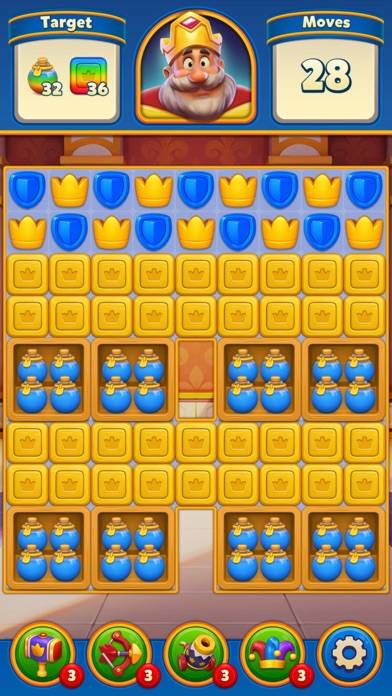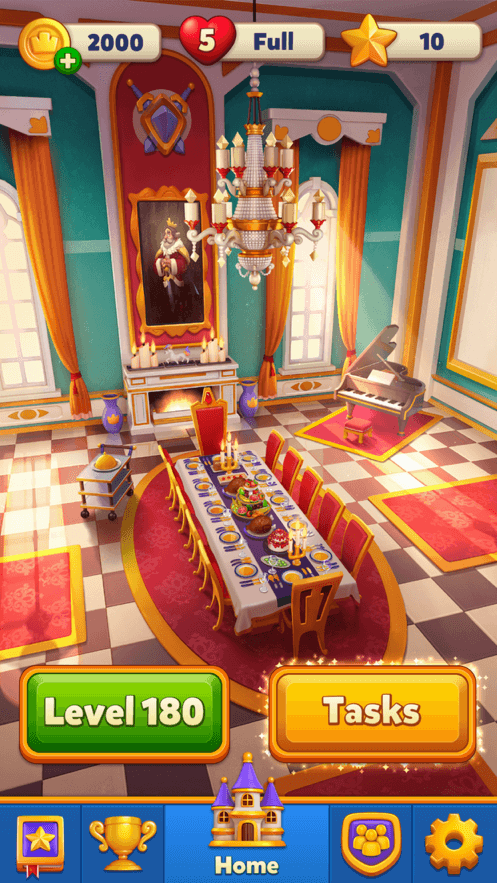I had time to think about my future. And yet I have not come to any conclusion!
Being a consultant is great but very stressful. Being employed is less stressful, but also less beautiful. My career has been oriented towards free-to-play mobile. New frontiers of video games are being opened. AAA game companies are taking an interest in data oriented game designers. AAA are the games that interest me the most as a player.
Many experts are pointing out the challenges of free-to-play to find new players. Free-to-play is based on the frantic pursuit of whale players. People capable of spending large amounts of money in order to have more power in the game. These people however join games that are very successful among free players. That would be the players who play without spending a cent and that consist of more than 90% of Players. Quick math, you need a LOT of people playing your game. And those people is not cheap to get.
The result is that there are a number of best practices that make free-to-play mobile games all the same, by genre. Open any puzzle game and it will probably have the same characteristics as the others. People are tired of seeing the same thing over and over again.
The hyper-casual trend is dying because its business model is no longer sustainable. Apple took countermeasures against Facebook and destroyed the UA strategies of those games. However, the development process that requires a quality video game has become redundant.
While on the one hand they offered original ideas, on the other they didn’t devote the necessary efforts to create unique experiences. The important thing was to fit into the equations on CPI and D1 retention and that’s it. The vision, the underlying fantasy, the actions, the objectives and the economies were literally sketched out. For me, that was the real reason why the system didn’t work. It’s obvious that people like to see new games that are fun and easy to use. But it’s also obvious that people want to have well-made games!
I hope this 2023 to contribute to this point: create simple but well made games!

